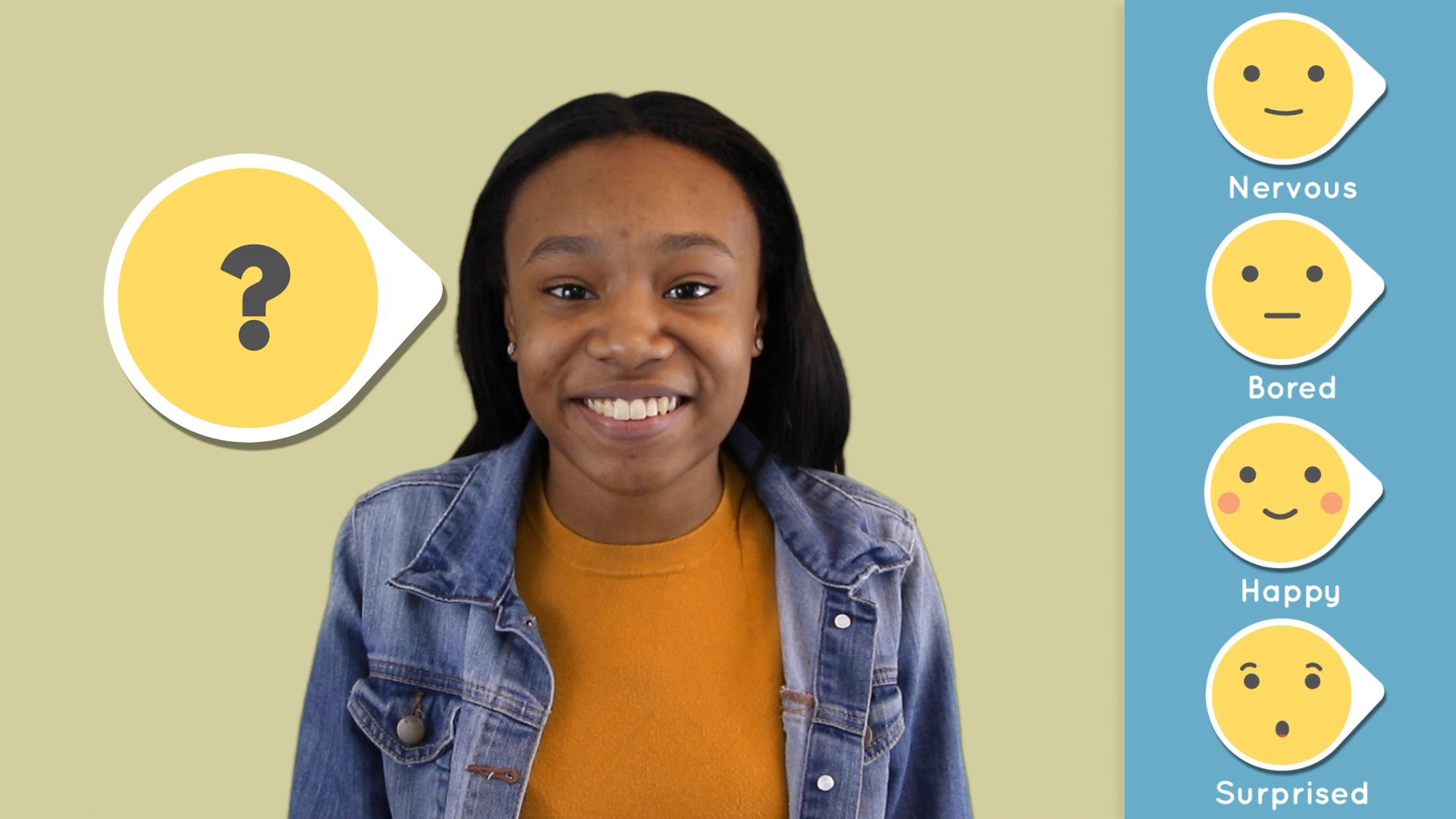
Emotion ID is a game designed to help kindergarten students understand and identify emotions in themselves and others. By focusing on facial expressions, tone of voice, and the words people say, students can learn to recognize and respond to different emotions. This game is an excellent way to incorporate Social-Emotional Learning principles into the classroom. In this blog post, we’ll discuss a no-prep activity, discussion questions, related skills, and next steps for educators who want to use Emotion ID in their classroom.
No-Prep Activity: Emotion Charades
Emotion Charades is a simple, no-preparation activity that helps students practice identifying emotions using facial expressions, tone of voice, and body language. Here’s how to play:
- Divide the students into small groups.
- Have one student from each group act out an emotion without using any words.
- Other students in the group must guess the emotion by observing the student’s facial expression, tone of voice, and body language.
- Once the emotion is guessed correctly, another student takes a turn acting out an emotion.
- Continue the game until everyone has had a chance to act out an emotion.
This activity helps students practice observing and interpreting emotional cues in a fun and engaging way.
Discussion Questions
After playing Emotion ID or Emotion Charades, use these discussion questions to encourage further conversation about emotions:
- Why is it important to be able to recognize emotions in ourselves and others?
- How can understanding someone else’s emotions help us communicate better with them?
- What are some ways we can show empathy and understanding when someone is feeling a certain emotion?
- Can you think of a time when you misunderstood someone’s emotions? How did it affect your interaction with them?
- How can we use the skills we learned in Emotion ID to help us in our daily lives?
Related Skills
In addition to recognizing emotions, there are other Social-Emotional Learning skills that can help kindergarten students develop strong relationships and navigate social situations. Some related skills include:
- Empathy: Understanding and sharing the feelings of others.
- Active Listening: Paying full attention to what others are saying, taking time to understand the points being made, and asking questions as appropriate.
- Self-Awareness: Recognizing one’s own emotions, strengths, and areas for growth.
- Conflict Resolution: Addressing disagreements in a constructive and respectful manner.
Next Steps
If you’re interested in incorporating Emotion ID and other Social-Emotional Learning activities into your kindergarten classroom, sign up for free samples of these materials and more at Everyday Speech. With a variety of resources available, you can help your students develop essential life skills and foster a positive learning environment.

